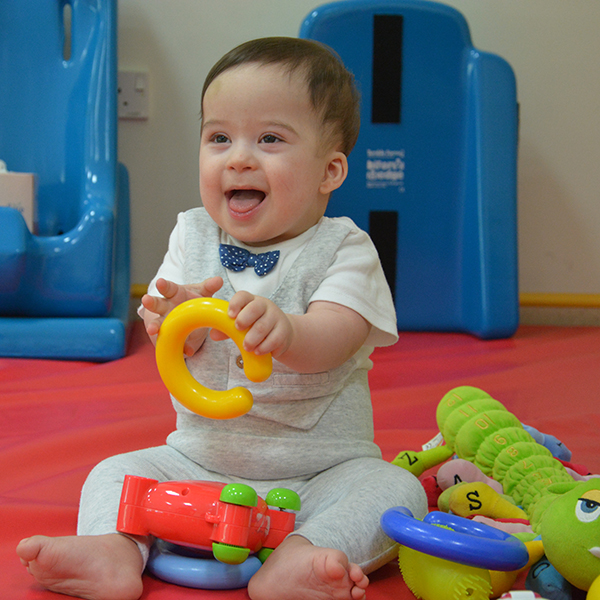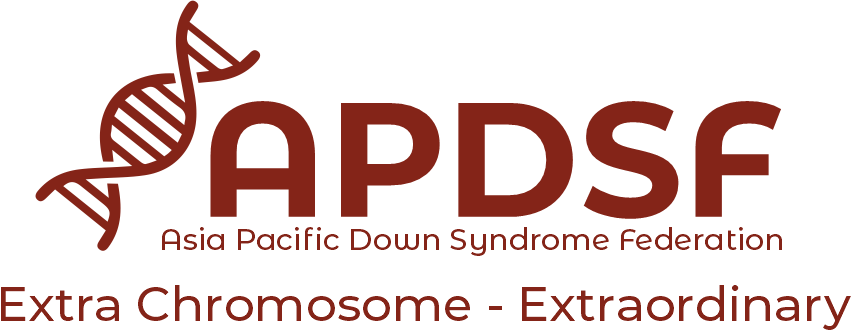
What is Down syndrome?
Down syndrome is a genetic condition. It affects a baby’s development. Children who have it may share similar features and health issues. They may learn to talk later than other children and have some intellectual disability. But every person’s experience is different. And everyone with Down syndrome has unique strengths and abilities.
What causes it?
Down syndrome is caused by having an extra chromosome. This affects the way a baby’s body and brain develop during pregnancy and after birth. Doctors don’t know for sure what causes the extra chromosome to happen.
What are the symptoms?
Children with Down syndrome may share similar features, such as almond-shaped eyes that tilt upward. They usually learn to talk later than other children and have some intellectual disability. Some children may also have certain health issues, such as a heart or breathing problem.
How is it diagnosed?
While you are pregnant, an ultrasound and a blood test can show if your baby may be at risk for Down syndrome. Other tests can show if your baby has Down syndrome. These include chorionic villus sampling and amniocentesis. A baby can be diagnosed after birth based on a physical examination.
After birth, what?
Starting soon after birth, a baby with Down syndrome will be tested for health problems, such as eye, ear, or thyroid problems. The sooner these problems are found, the better they can be managed. Regular doctor visits can help your child stay in good health. Most children with Down syndrome need speech therapy and physiotherapy. Teens and adults with Down syndrome may need occupational therapy to learn job skills and learn how to live on their own. If there are social and emotional issues, counselling may help.
Many professionals will help you and your child through life. With treatment and support, you can help your child live a happy, healthy life.
